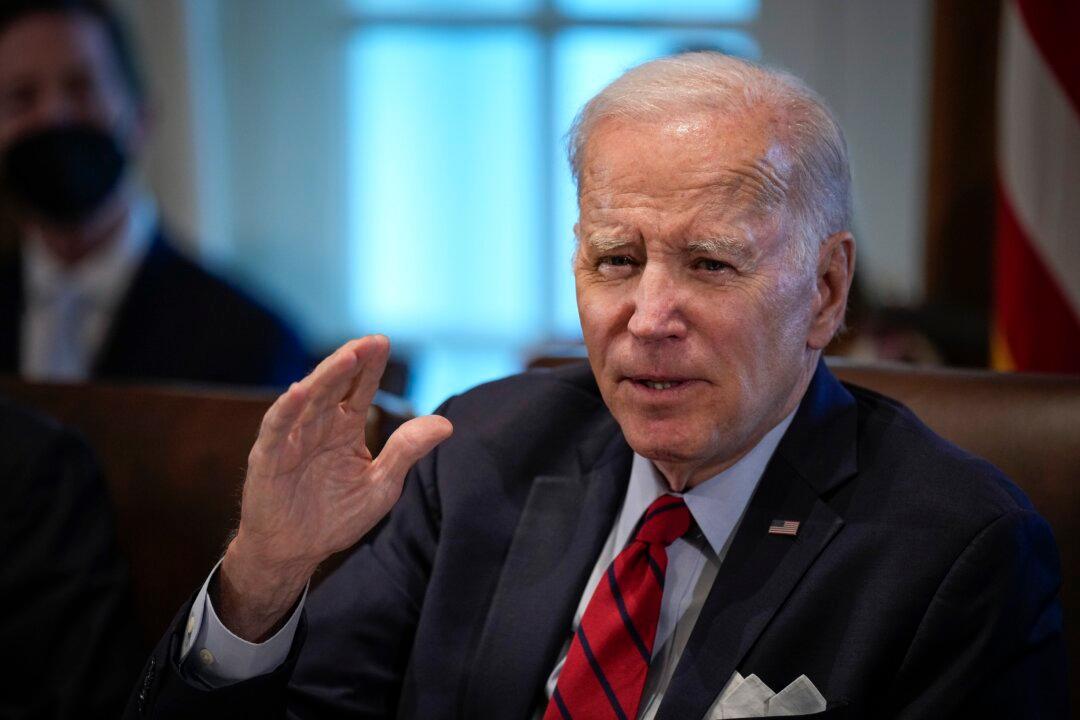President Joe Biden’s administration is abusing federal law with its new program that is set to grant tens of thousands of immigrants authorization to live and work in the United States, a new lawsuit alleges.
Federal law enables the secretary of homeland security to grant “parole” to illegal immigrants after determining, on a “case-by-case basis,” that an immigrant is facing a humanitarian issue or that allowing the person stay in the country would have a “significant public benefit.”





